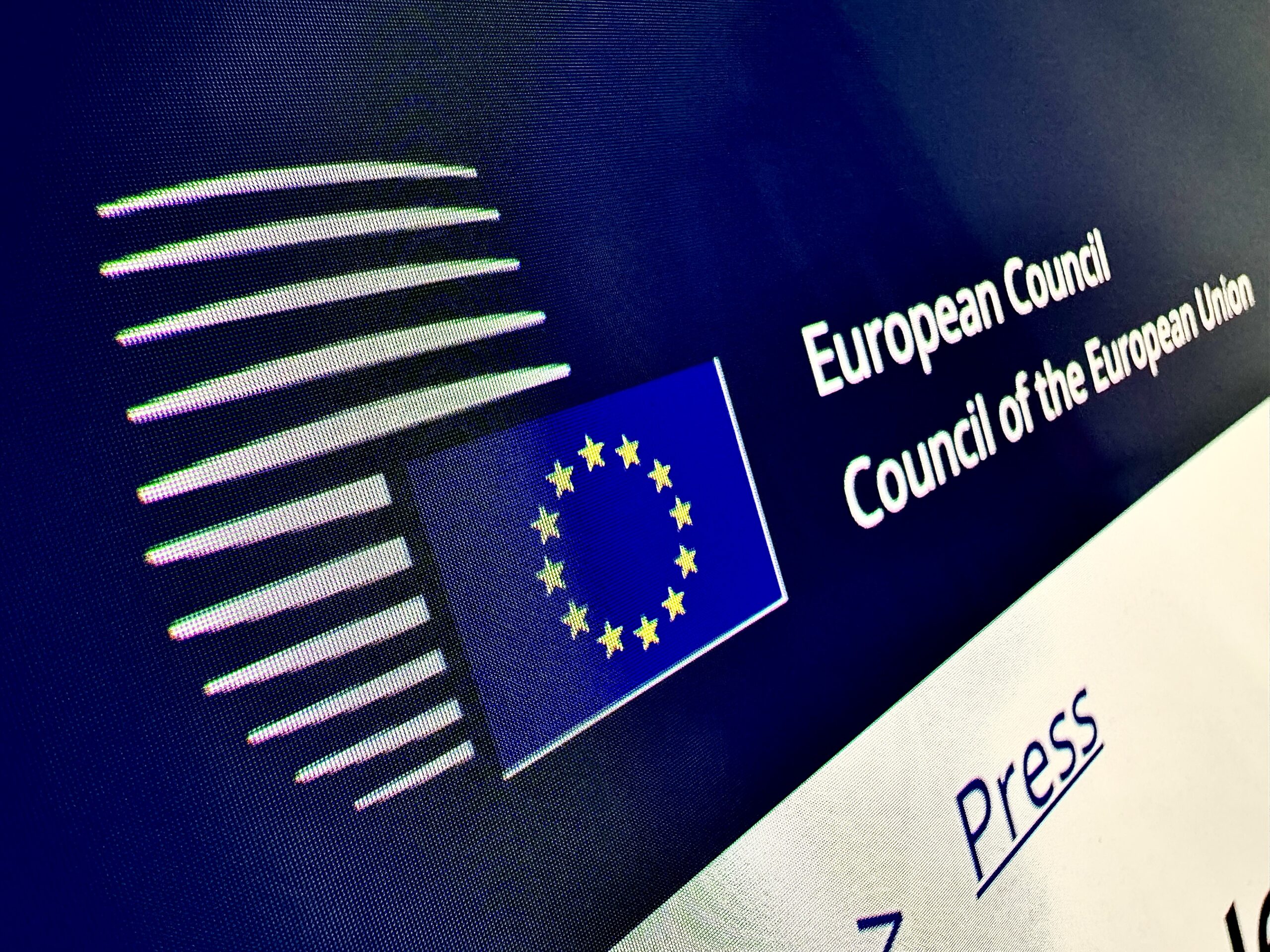| By Josie Koehler |
Challenges in the CSDDD Final Adoption Vote
In Brussels, the EU initiative on Corporate Sustainability Due Diligence Directive (CSDDD) faces a setback just before the final adoption vote by member countries, scheduled for March 7th. Germany and Italy, as per diplomatic sources, have stopped the process, creating a potential blocking minority. This situation is similar to what happened before with rules about car emissions. The German Greens want to support it, but they have to say no due to their government’s internal rules.
Finding a Framework for EU Ethics in Corporate Social Responsibility
The plan, suggested by the European Commission in February 2022 and agreed upon in discussions on December 14, wants companies in the EU to have responsibilities in lessening their negative effects on human rights and the environment throughout their supply chain. It covers a variety of industries like clothing, farming, fishing, and mining.
The European Parliament had outlined benefits for companies with over 1,000 employees fully implementing the directive, making compliance part of the criteria for awarding public contracts. Countries were supposed to choose authorities to check and punish companies not following the rules.
Concerns and Opposition From European Business Groups
However, big European business groups, like BDI in Germany and Confindustria in Italy, strongly oppose this plan. They say it’s too hard for companies and could hurt business competitiveness. On the other hand, the European Confederation of Trade Unions (ETUC) sees the vote as crucial for making sure companies play fair and respect human rights and the environment in their supply chains as the EU seeks sustainable energy options.
Even with efforts from the Belgian presidency, the plan failed to gain the necessary support in the European Council. On February 28th, the compromise text was put forward for endorsement. But Germany and Italy’s abstention, along with a failed attempt from France to water down the rules, resulted in the directive not proceeding before European elections in June. The Belgian Presidency wants to think about other options, and experts say they might have to change the plan between the Council and Parliament after the elections. This could delay further actions until the new laws start.
Opponents of the agreement say that the CSDDD would add another layer of reporting requirements, bureaucracy, and liability for European businesses that already struggle to compete internationally. However, several environmental groups have spoken out against the failure to approve the rules. The groups assert that European companies must be held accountable for any human rights issues or environmental damages.
An Unclear Path Ahead
The final meeting of the legal affairs committee for passage of the plan is scheduled for March 7th. If the plan is not approved on this date, the European Parliament will be unable to approve the plan under normal procedures.



